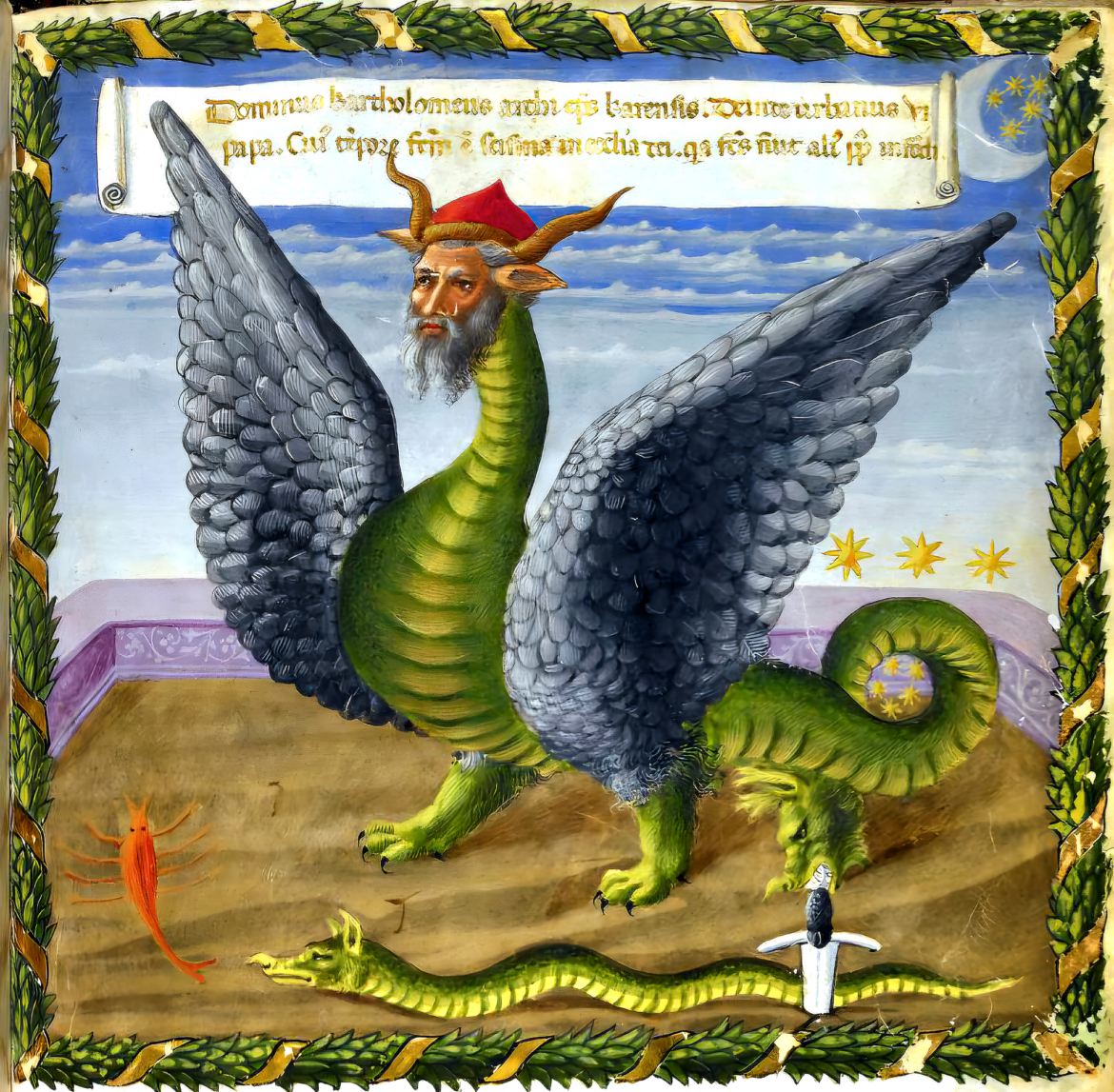Culture
A Nation of Dragons and Dwarfs
|
Fáfnir is not born a dragon. He is a man who kills his own father to steal his wealth, then turns into a dragon to embrace the gold he hoards without ever using. He symbolically represents the negation of values belonging to the culture that produced him.


